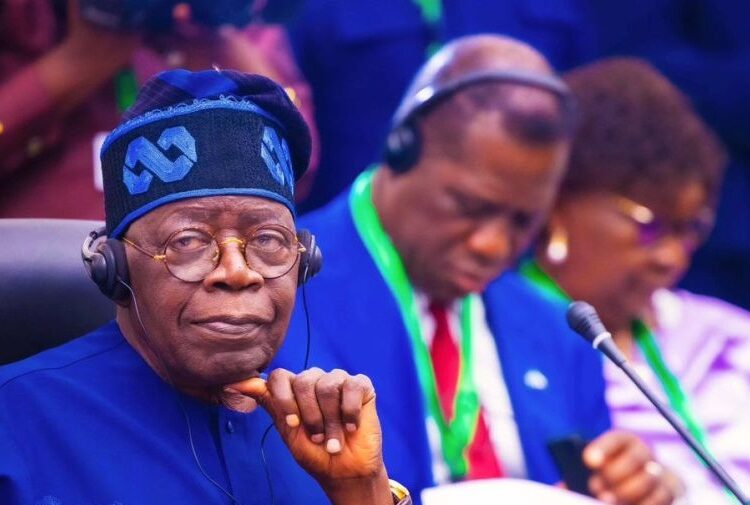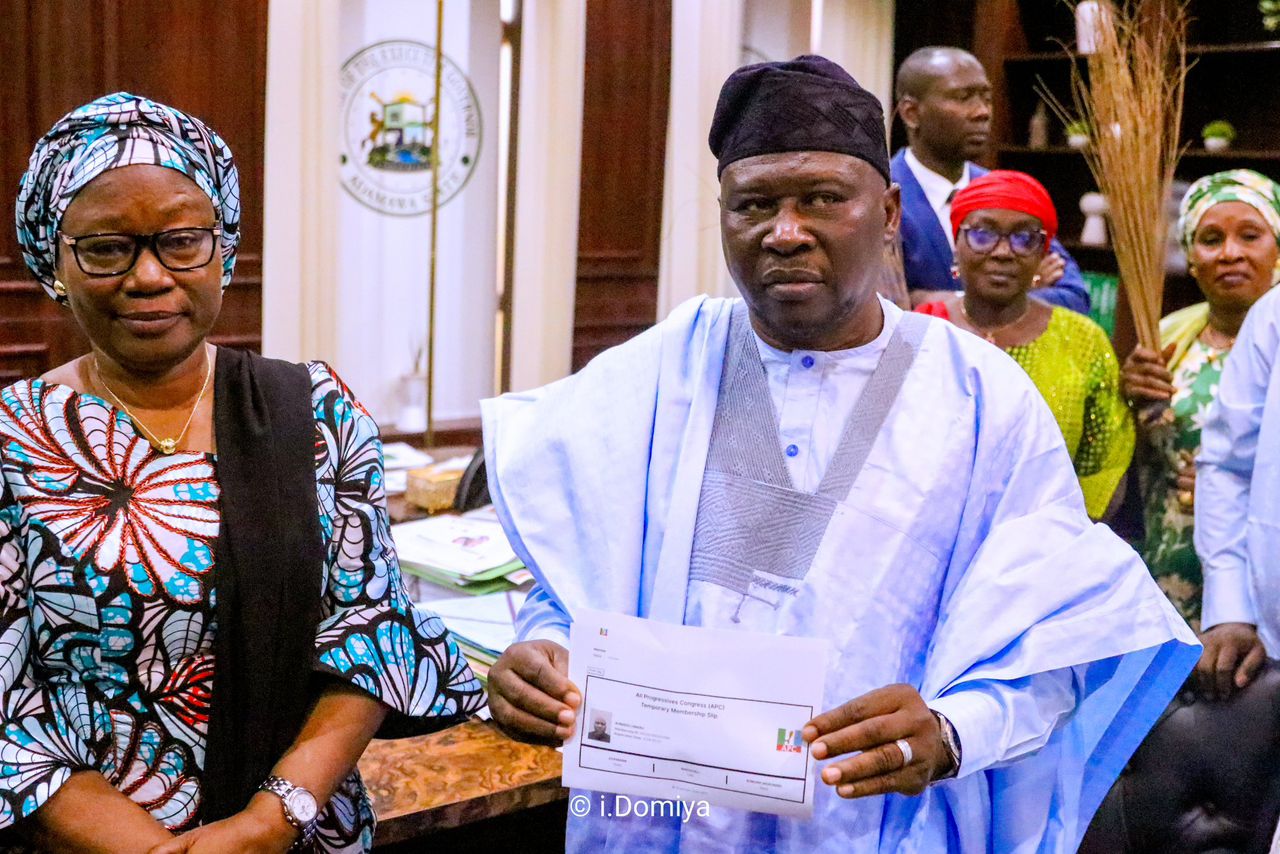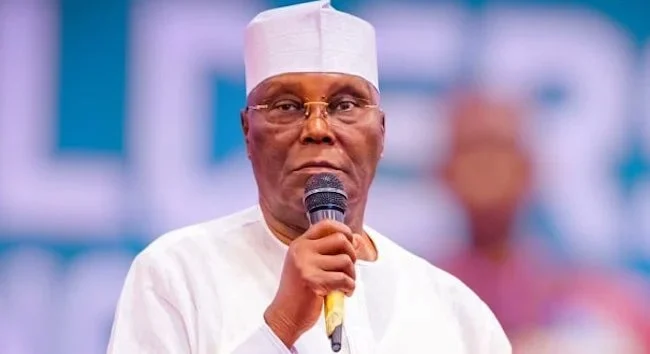President Bola Tinubu has rejected the use of private military and security companies in African conflict zones. He warned that their involvement undermines state sovereignty and complicates counter-terrorism efforts.
Speaking at the 7th African Union–European Union Summit in Luanda, Angola, during the plenary session on “Peace, Security, Governance and Multilateralism,” Tinubu stressed that peace initiatives must remain led by African governments. He added that outsourcing these efforts to private actors with unclear mandates poses serious risks.
Represented by Vice President Kashim Shettima, the President told African and European leaders: “We oppose the use of private military and security companies in African conflicts. Their presence often hinders resolution efforts and erodes national sovereignty.”
Africa Must Lead Security Efforts
Tinubu explained that Africa faces complex security challenges, including terrorism and transnational organized crime. Therefore, coordinated state-led responses are critical. Parallel forces, he said, weaken command and control structures.
He highlighted Nigeria’s consistent contributions to regional peacekeeping under ECOWAS and the African Union. Meanwhile, he warned that the global shift away from multilateralism has increased security fragility. He praised the EU for maintaining continent-to-continent engagement based on mutual respect.
Commitment to Regional Peace and UN Reform
The President reaffirmed Nigeria’s dedication to promoting peace and democratic stability across Africa. In addition, he highlighted Nigeria’s efforts to secure permanent veto-wielding seats on the United Nations Security Council for Africa. He argued that global governance reform is long overdue.
Tinubu disclosed that over 250,000 Boko Haram-affiliated individuals surrendered in early 2025. This followed Nigeria’s combined kinetic and non-kinetic security strategies. He stressed that addressing armed conflict, illicit weapons, climate pressures, irregular migration, and political instability requires stronger cooperation.
“It is time for Africa to occupy permanent seats on the UN Security Council with full privileges, including veto authority,” Tinubu said. Furthermore, he urged EU states to support Africa’s legitimate reform agenda.
African-Led Frameworks for Peace
Tinubu emphasized that externally driven initiatives rarely succeed without strong regional ownership. Thus, he called for co-created programs anchored in African-led frameworks. These programs should focus on preventive diplomacy, inclusive governance, and long-term investment in people and infrastructure.
He highlighted Nigeria’s Multinational Joint Task Force in the Lake Chad Basin as a successful model. As of early 2025, more than 120,000 Boko Haram-affiliated individuals, including family members, surrendered. The recent Sea-Lift Agreement between the Nigerian Navy and the AU Standby Force enhances rapid deployment for peace operations and humanitarian support.
Addressing Migration and Governance Challenges
Tinubu addressed irregular migration. He proposed structured labor pathways such as Nigeria’s Technical Aid Corps. Moreover, he warned that unconstitutional changes of government undermine democracy. He called for African and European partners to tackle structural drivers of crises. He cited conflicts in Sudan and South Sudan as urgent examples.
Calls for National Security Reform
Meanwhile, Professor Bolaji Akinyemi urged President Tinubu to declare a nationwide state of emergency to address rising insecurity. He recommended recalling recently retired officers, suspending mandatory military retirement laws, and conducting large-scale recruitment. He also called for military tribunals to prosecute terrorists and collaborators.
Akinyemi stressed that constitutional immunity for governors should be temporarily suspended where terrorist groups operate freely. He added that, if necessary, states may be temporarily placed under military administration to restore order.
“The nation’s security requires decisive, coordinated, and courageous action,” Akinyemi concluded.



